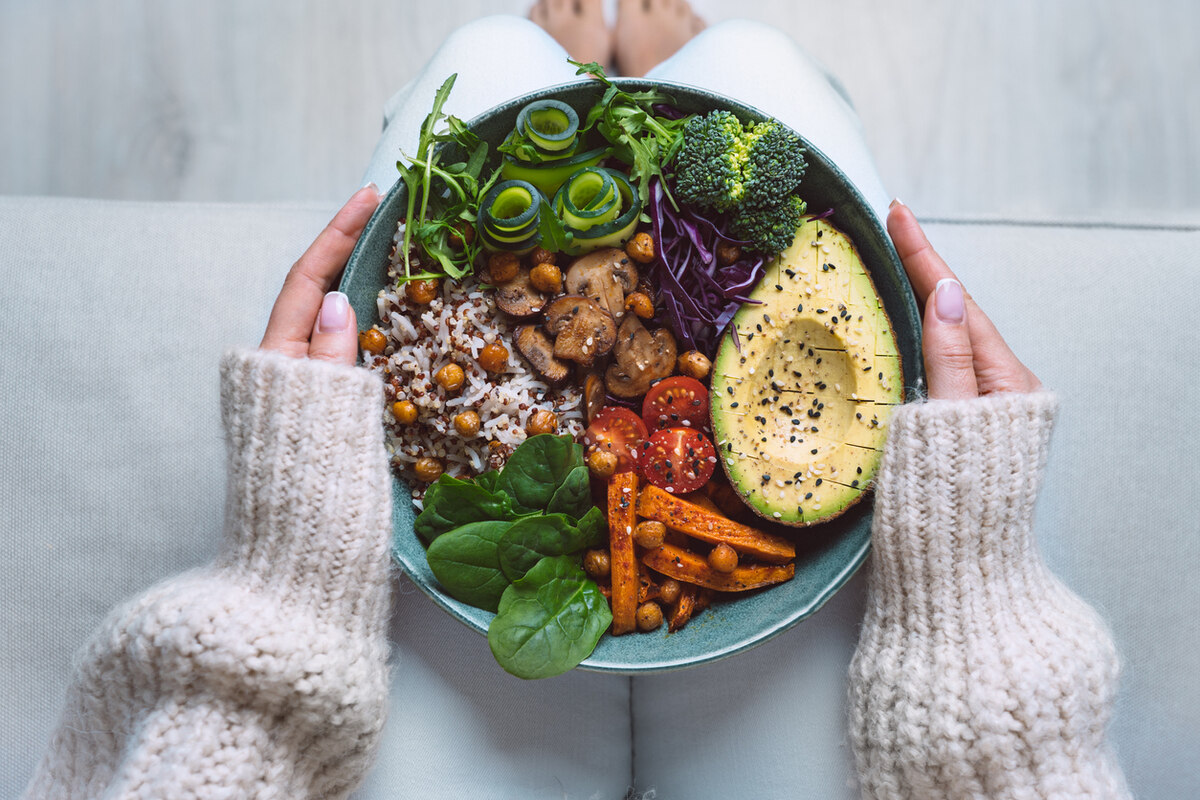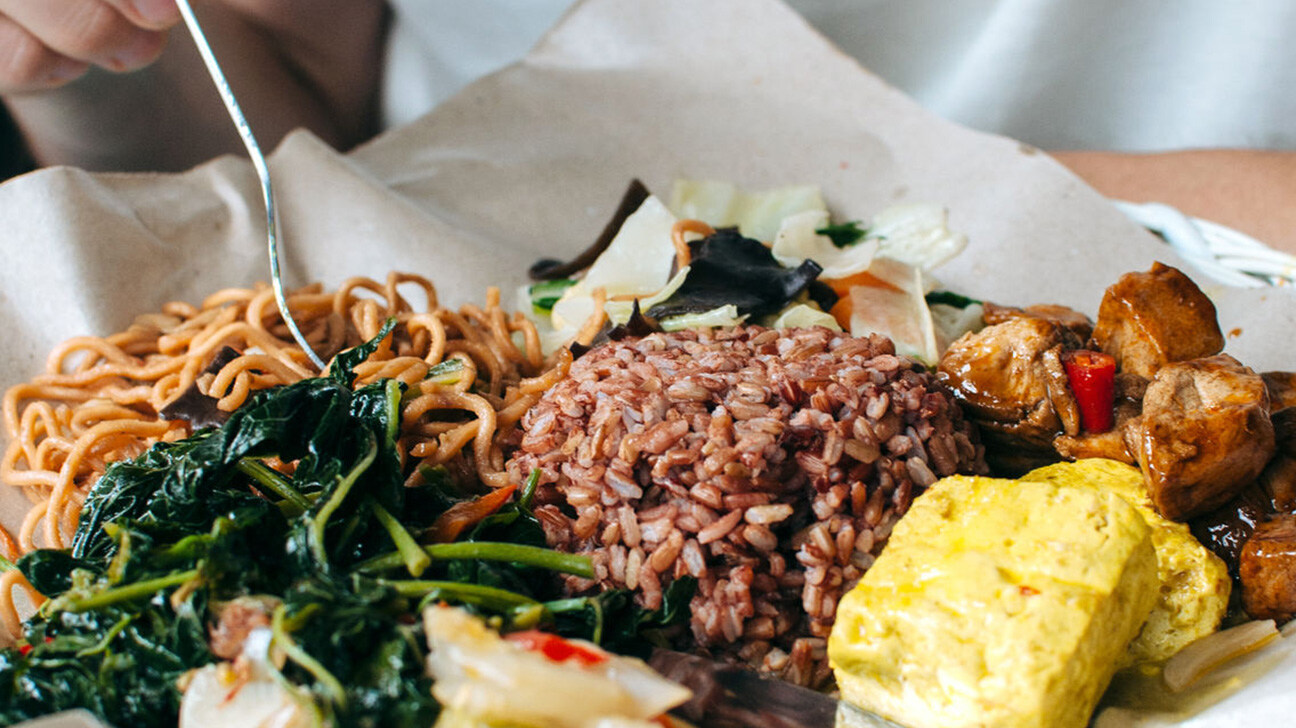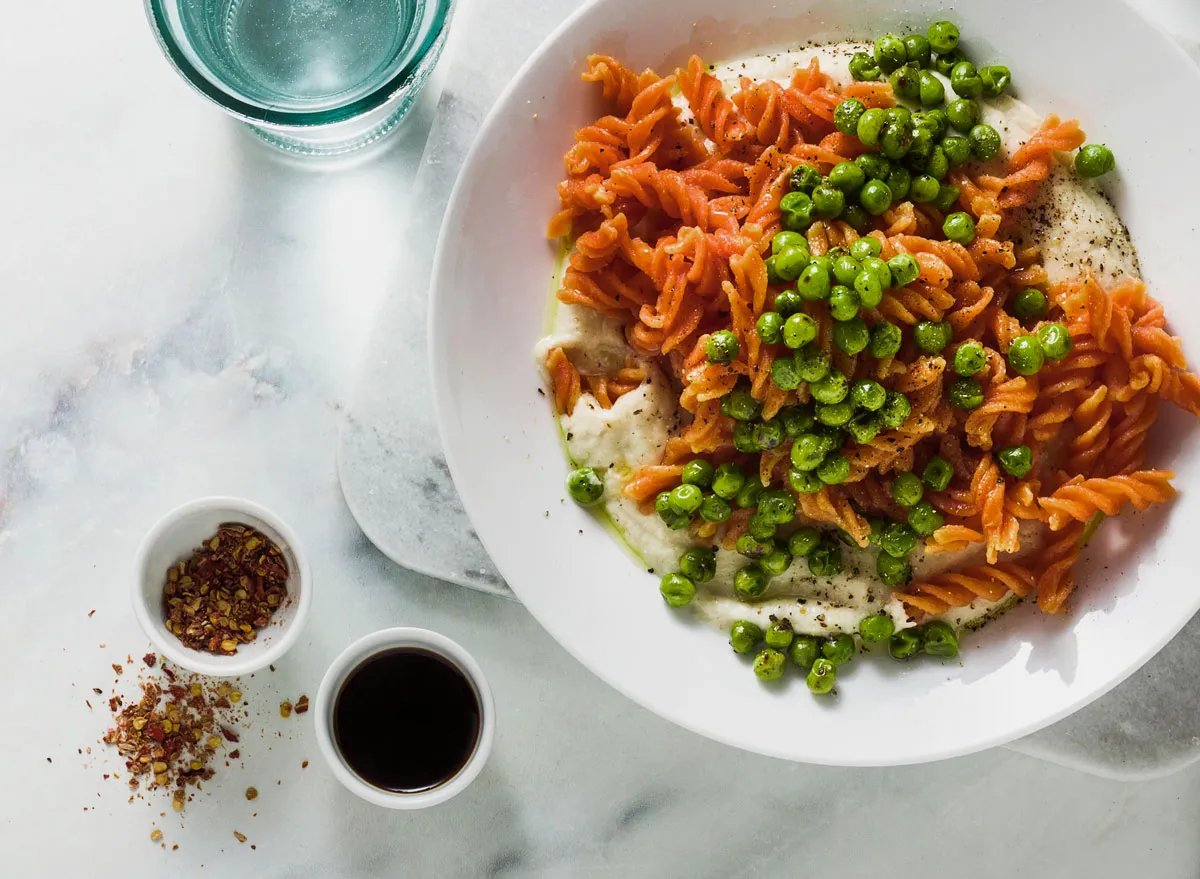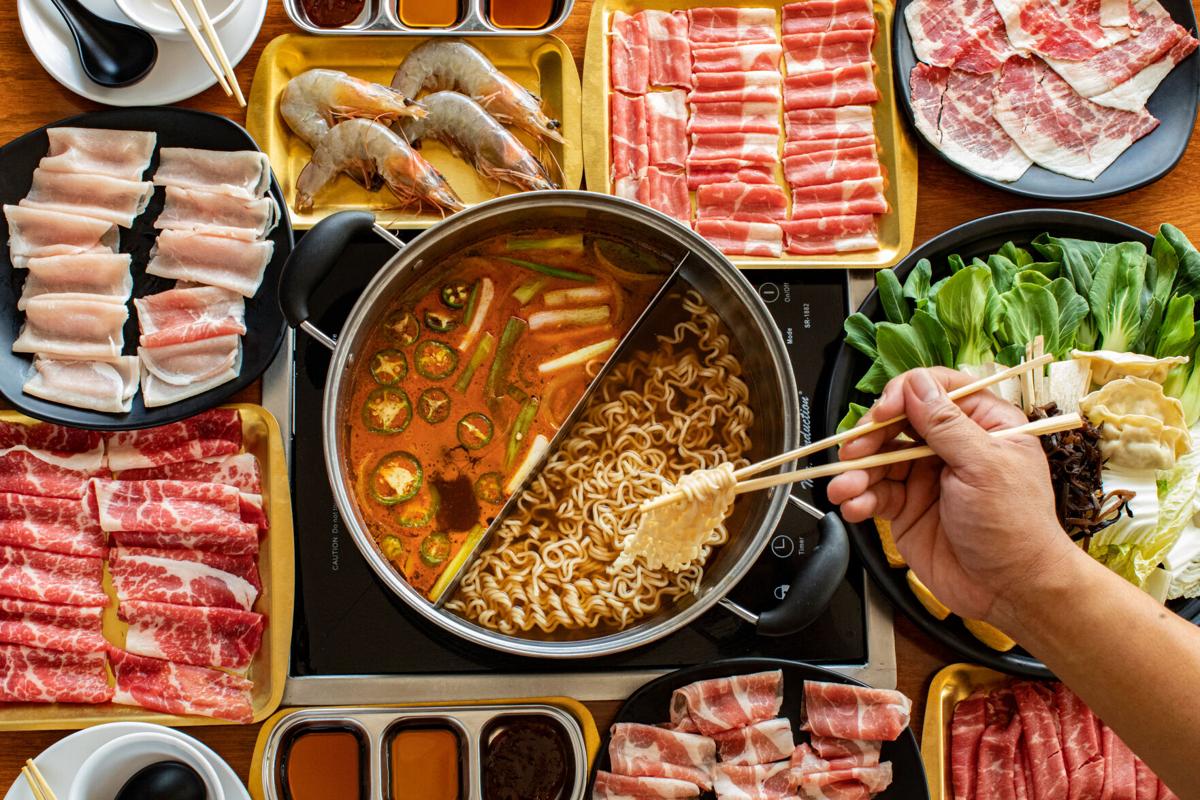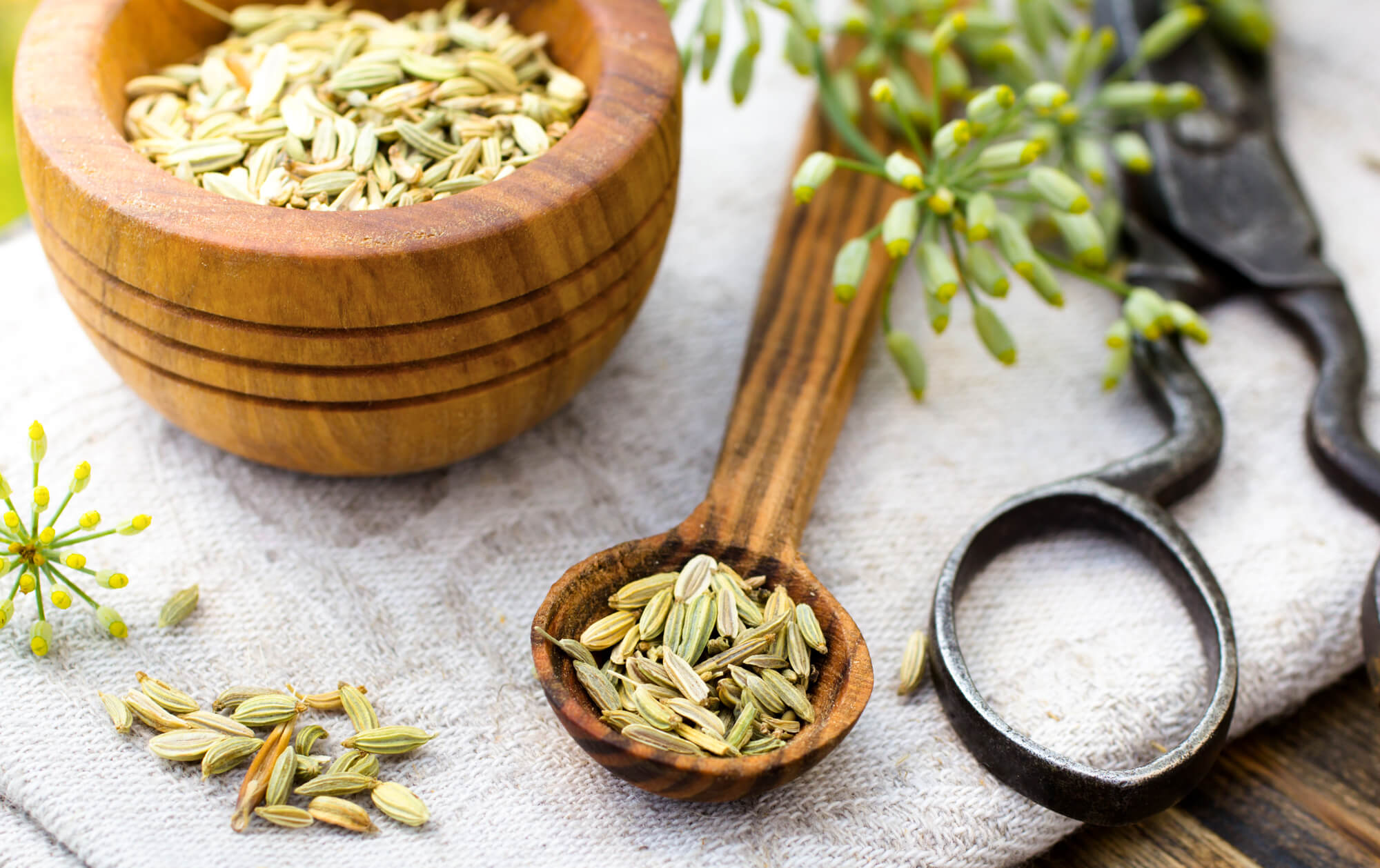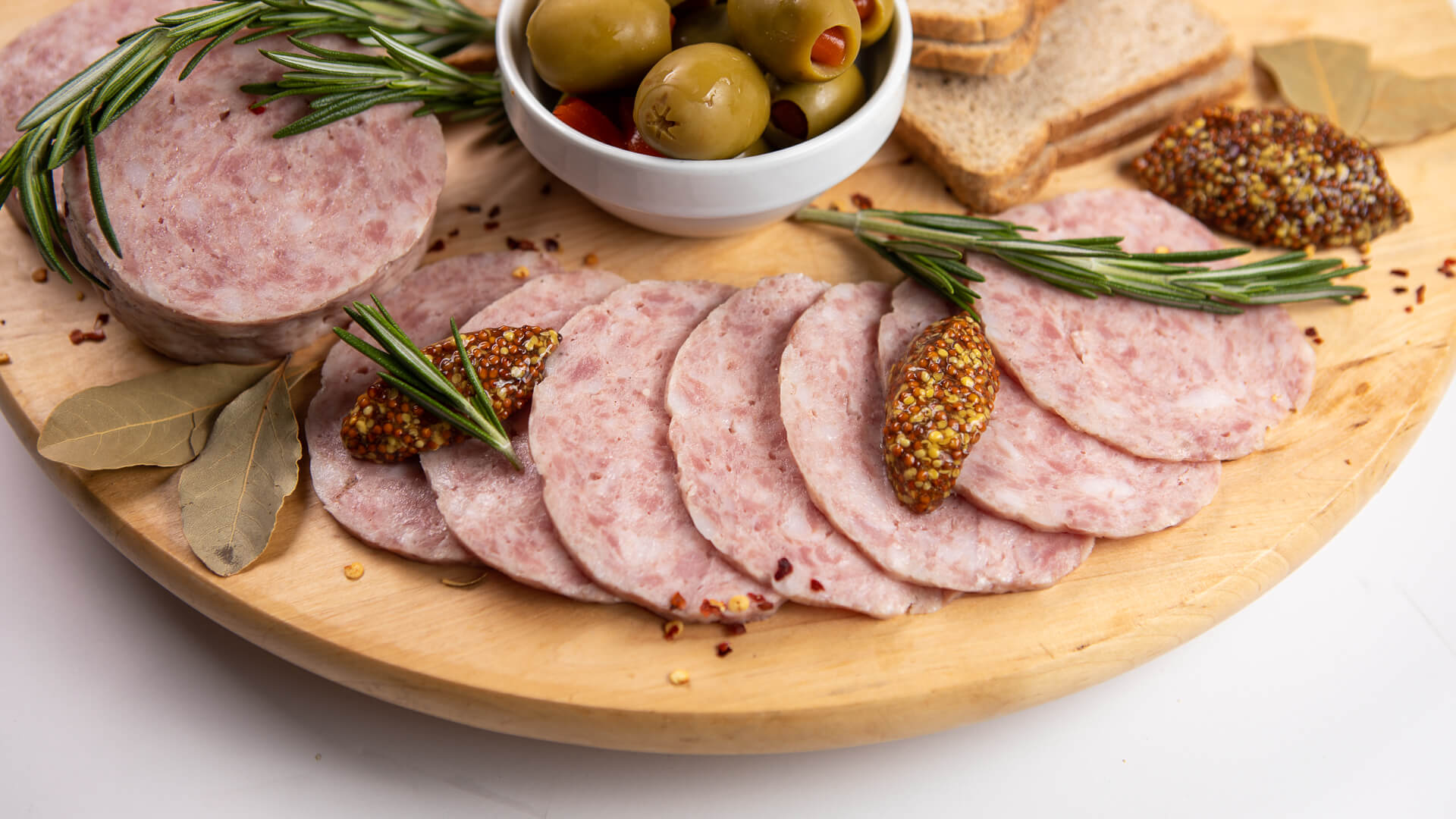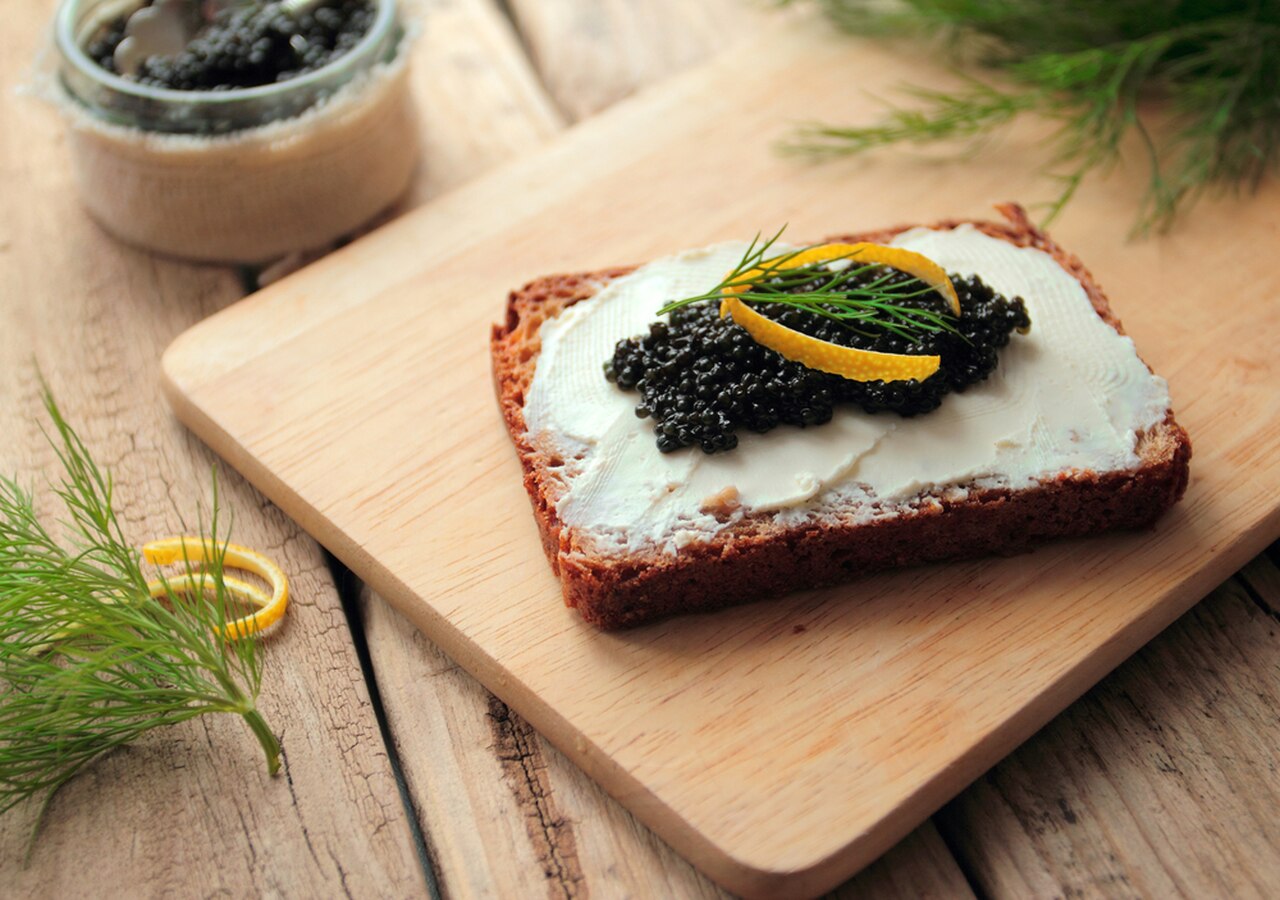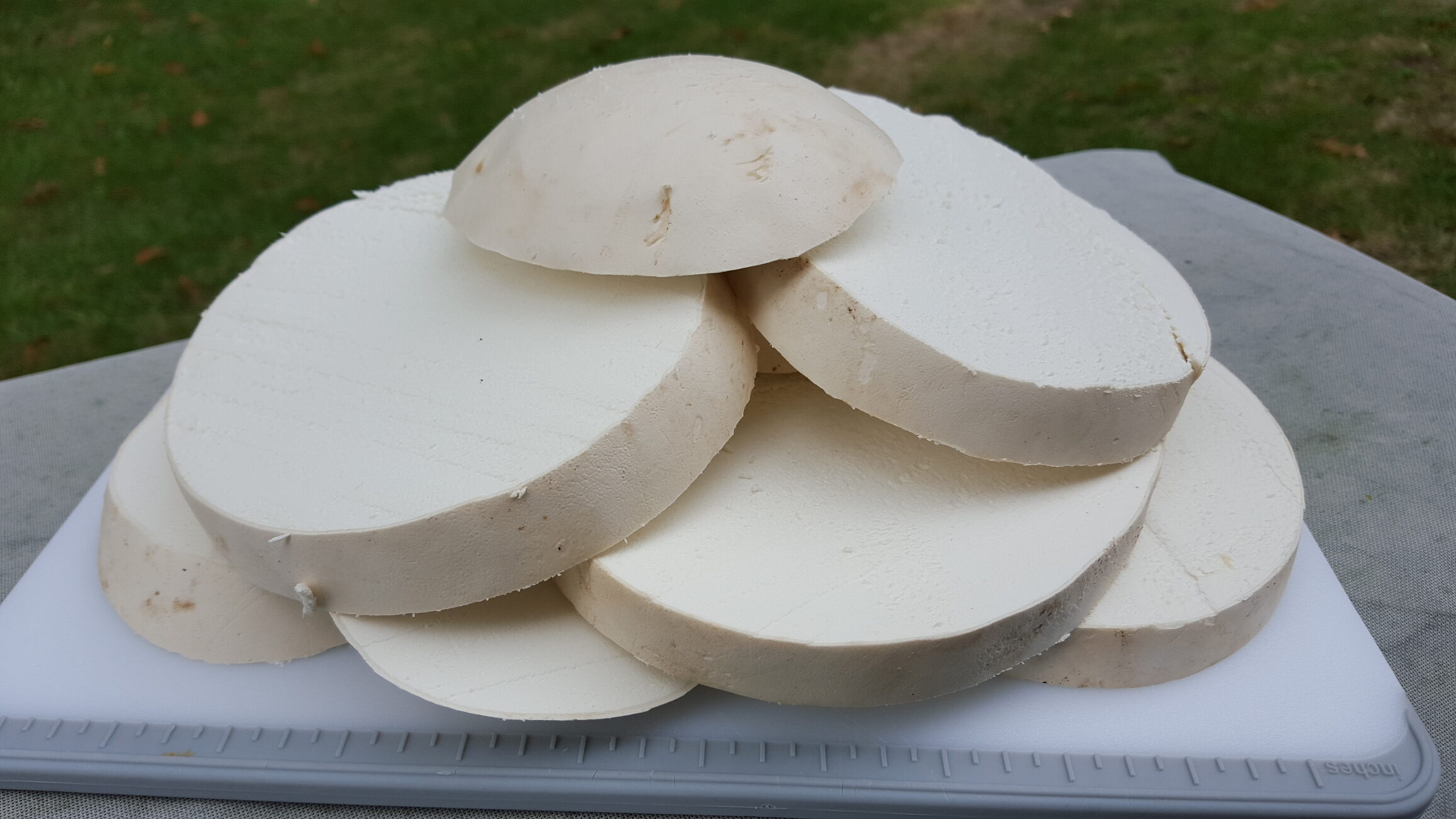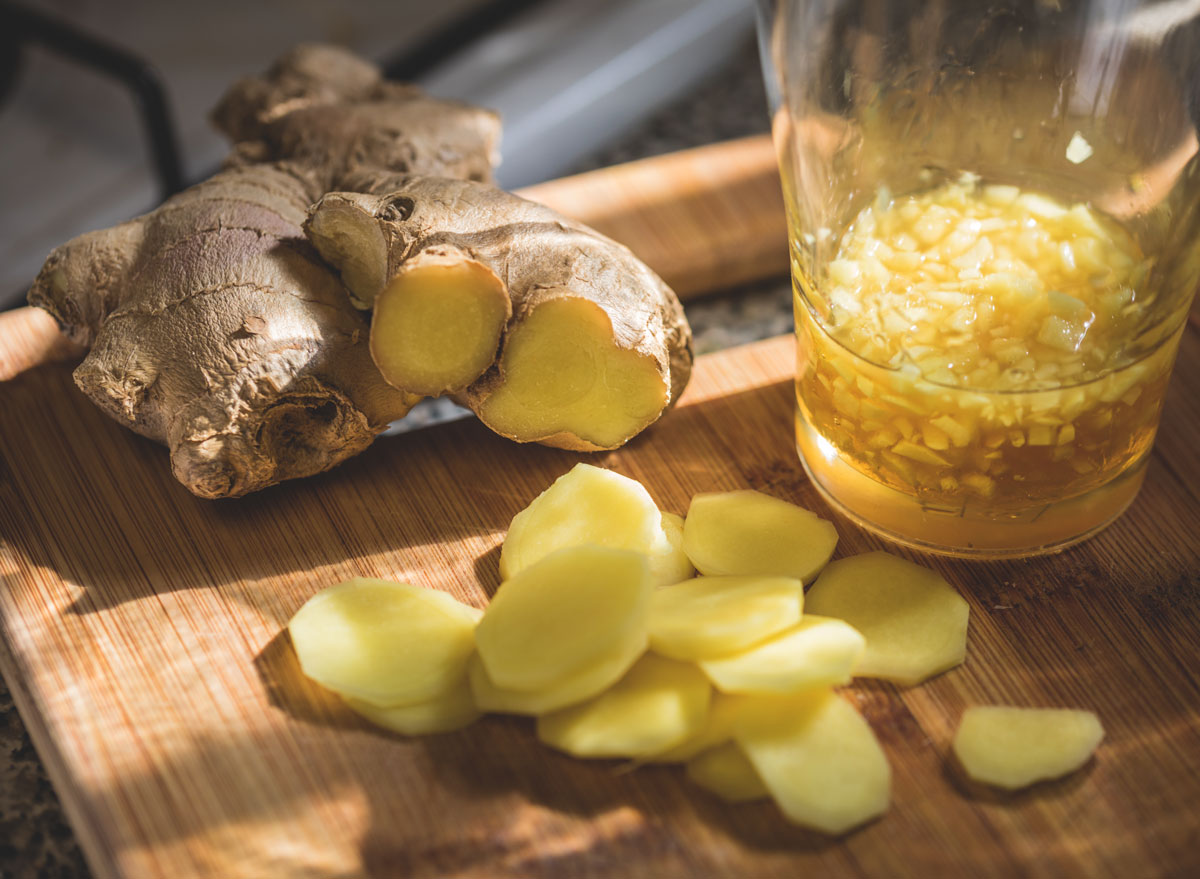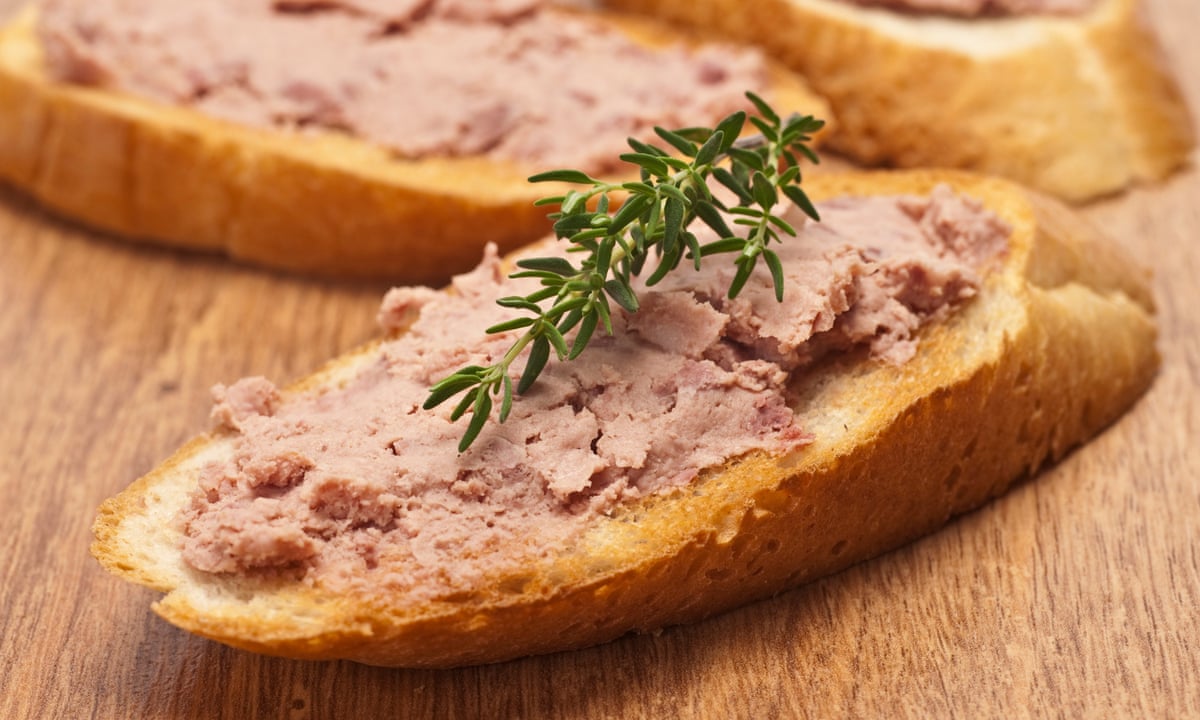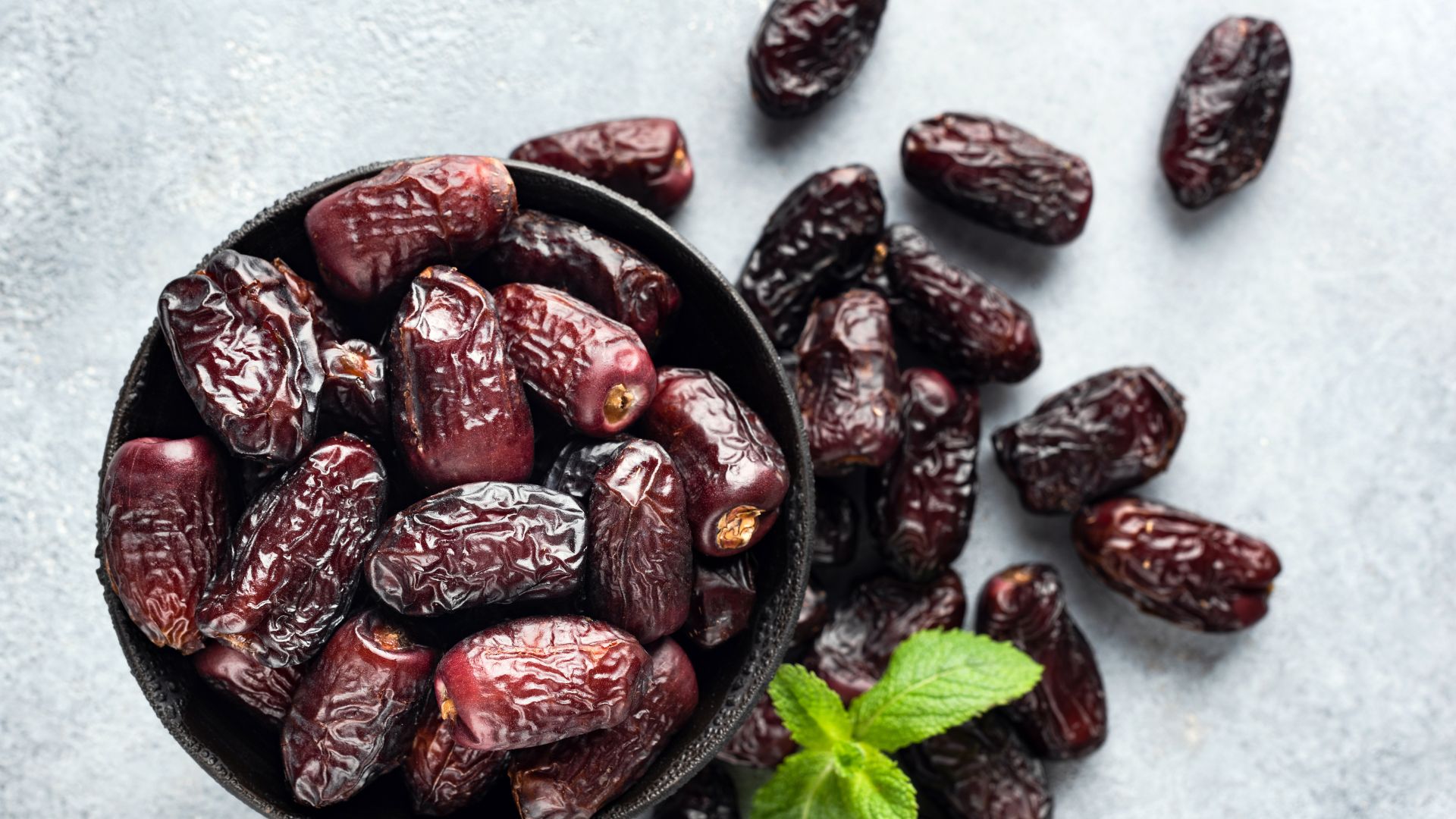How to Easily Consume 250g of Protein Every Day
Getting enough protein in your diet is essential for building and maintaining muscle mass, supporting overall health, and aiding in weight management. For those who are active and looking to increase their protein intake, consuming 250g of protein per day may seem like a daunting task. However, with some strategic planning and a few simple tips, it can be achievable and even enjoyable.
1. Prioritize Protein-Rich Foods
When aiming to consume a high amount of protein, it’s important to prioritize foods that are rich in this macronutrient. Include the following in your daily diet:
- Lean meats such as chicken, turkey, and beef
- Fish and seafood
- Eggs and egg whites
- Dairy products like Greek yogurt, cottage cheese, and milk
- Plant-based sources such as tofu, tempeh, lentils, and chickpeas
2. Plan Your Meals
Meal planning can be a game-changer when it comes to reaching your protein goals. Take some time to plan your meals for the week, ensuring that each one contains a good source of protein. This can help you stay on track and avoid reaching for less nutritious options when hunger strikes.
3. Incorporate Protein Shakes
Protein shakes and smoothies can be a convenient way to boost your protein intake, especially on busy days or after a workout. Look for high-quality protein powders and consider adding ingredients like fruits, vegetables, and nut butters to create a delicious and nutritious shake.
4. Snack Wisely
Choose protein-rich snacks to help increase your daily intake. Nuts, seeds, Greek yogurt, cheese, and hard-boiled eggs are all portable and satisfying options that can contribute to your overall protein consumption.
5. Spread Out Your Protein Intake
Instead of trying to consume all 250g of protein in just a few large meals, aim to spread it out throughout the day. This can make it more manageable and prevent you from feeling overly full at any given time.
6. Experiment with New Recipes
Keep things interesting by trying out new recipes that feature protein-rich ingredients. Whether it’s a flavorful stir-fry, a hearty salad with grilled chicken, or a vegetarian curry with tofu, experimenting in the kitchen can make meeting your protein goals more enjoyable.
7. Stay Hydrated
Drinking an adequate amount of water is important for overall health and can also support your body’s ability to utilize the protein you consume. Aim to drink plenty of water throughout the day to stay hydrated and support your protein intake.
By incorporating these strategies into your daily routine, consuming 250g of protein a day can be achievable and sustainable. Remember to listen to your body’s needs and consult with a healthcare professional or nutritionist if you have any specific dietary concerns or health conditions.
Recipes to Help You Reach 250g of Protein Daily
For those aiming to incorporate a high-protein diet, the listed recipes provide a versatile palette to ensure you meet your daily needs effectively. Among these, Grilled Chicken Breast with Quinoa Salad stands out for its balanced mix of lean protein and whole grains, making it an ideal choice for a nutritious meal. Similarly, the Beef Stir-Fry with Mixed Vegetables offers a protein-packed dinner option, with the added benefit of fiber-rich vegetables. For vegetarians, the Tofu and Vegetable Curry with Basmati Rice is highly recommended, combining high protein content with the aromatic flavors of traditional curry. These dishes not only align with the dietary goal of 250g of protein per day but also promise a delightful culinary experience.
